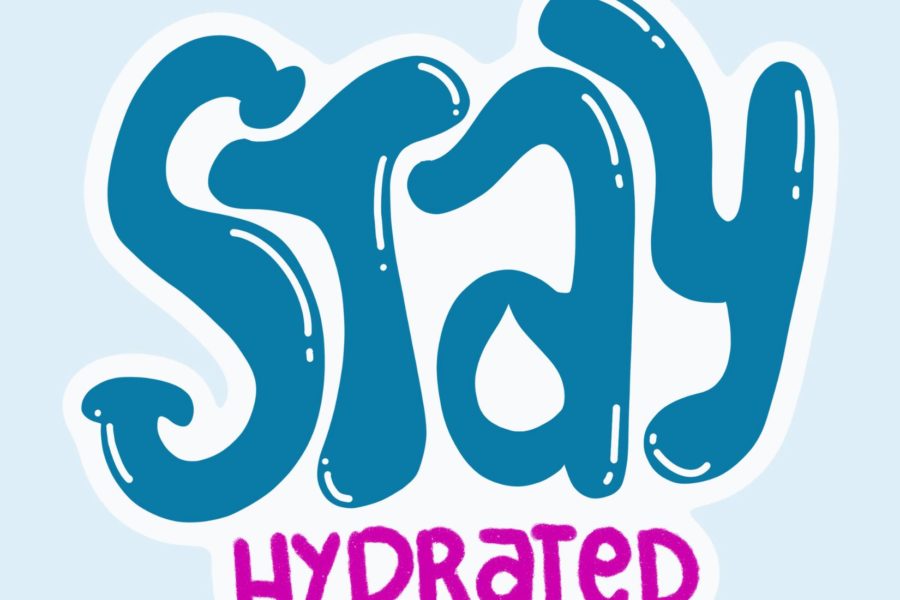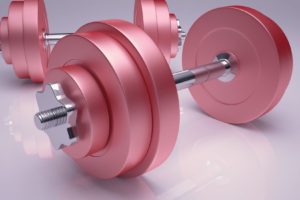Summer time is here and so is football conditioning and workouts, and other athletes who workout and train in the heat. If you live in states where the heat can be intense, staying hydrated is crucial for maintaining performance, preventing dehydration, and supporting overall health. Here are some tips to help you stay hydrated:
- Pre-hydrate: Drink water before you start your workout. Aim to consume about 16 to 20 ounces of water 2 to 3 hours before exercising.
- During exercise:
- Regular sips: Take small, regular sips of water throughout your workout rather than drinking large amounts at once. This helps avoid stomach discomfort.
- Electrolyte balance: If your workout is particularly intense or prolonged (more than 60 minutes), consider a sports drink that contains electrolytes. Electrolytes (such as sodium and potassium) help maintain the body’s fluid balance.
- Post-exercise: Rehydrate after your workout to replace fluids lost during exercise. Aim to drink at least 16 to 24 ounces of water for every pound of body weight lost during exercise.
- Monitor fluid loss: Weigh yourself before and after exercise. For each pound lost during exercise, drink 16 to 24 ounces of water.
- Listen to your body: Pay attention to your body’s signals of thirst, and drink water even if you don’t feel thirsty. Thirst is a sign that your body is already starting to become dehydrated.
- Choose the right beverage: Water is usually the best choice for staying hydrated, but if your workout is intense and lasts more than an hour, a sports drink with electrolytes may be beneficial.
- Consider your environment: If you’re exercising in a hot or humid environment, you may need to increase your fluid intake to compensate for increased sweating.
- Use a water bottle: Carry a reusable water bottle with you during your workout to make it easy to take sips regularly.
- Hydrate throughout the day: Don’t rely solely on pre-workout or during-workout hydration. Drink water throughout the day to ensure you start your exercise well-hydrated.
- Pay attention to urine color: If your urine is pale yellow, you’re likely well-hydrated. Dark yellow or amber urine may indicate dehydration.
Remember that individual hydration needs vary, so it’s important to pay attention to your body’s signals and adjust your fluid intake accordingly. If you have any underlying health conditions or concerns, wonder how much to drink, it’s advisable to consult with a healthcare professional or a registered dietitian for personalized advice. Needs vary from individual athlete to individual athlete. Not only that, needs also vary according to the sport you play. Also, know the warning signs of dehydration. Enjoy summer and workout, condition, play smart!
RESOURCES




Recent Comments